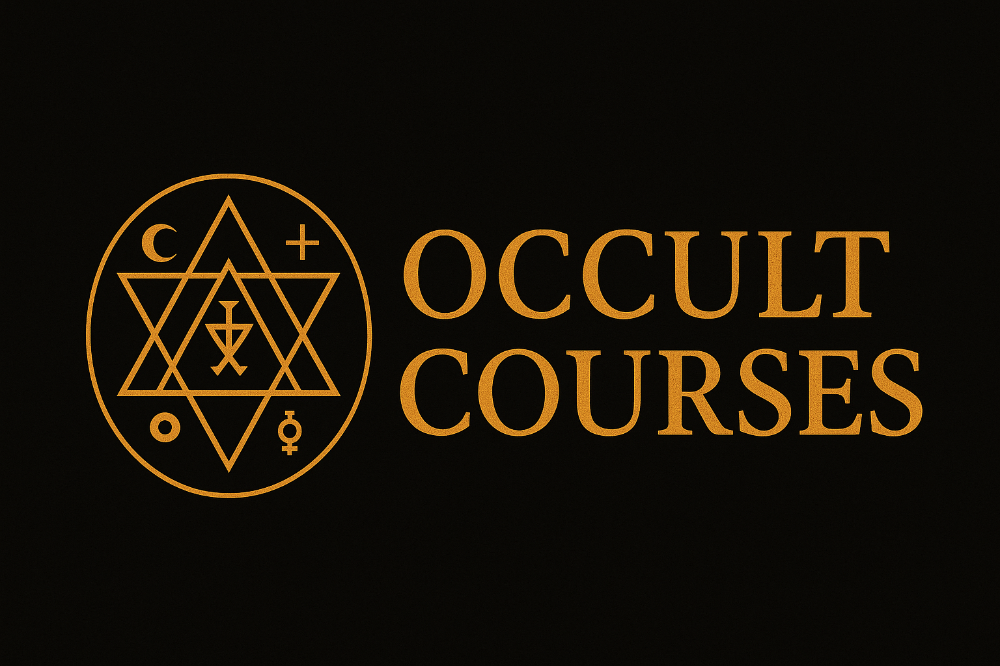The Gnostic Reinterpretation of the Old Testament God

The Gnostic interpretation of the Old Testament presents a radically different view of the divine compared to traditional Jewish , Christian and by extension Islamic beliefs. Central to this interpretation is the concept of the Demiurge, a lower and imperfect deity often identified with the God of the Old Testament. This perspective challenges the very foundations of mainstream religious thought and offers a profound critique of the nature of God, creation, and the material world.
Understanding the Demiurge
The Demiurge is a pivotal figure in Gnostic cosmology, often viewed as an ignorant or malevolent creator responsible for the flawed material universe. Unlike the transcendent and omniscient God depicted in mainstream theology, the Demiurge is seen as limited, exhibiting traits such as jealousy and wrath. This interpretation raises significant questions about the nature of divinity and the moral implications of worshiping such a being.
The Characteristics of the Old Testament God
...Exploring Gnosticism: A Comprehensive Guide to Beyond the Demiurge

Gnosticism, a complex and often misunderstood belief system, invites deep exploration into its historical roots, philosophical concepts, and spiritual practices. This guide delves into the comprehensive course "Beyond the Demiurge," which provides an extensive overview of Gnosticism through various modules, videos, and discussions. With over 200 videos, this course covers a wide array of topics that illuminate the intricacies of Gnostic thought.
Understanding Gnosticism
Gnosticism is a term that encompasses a variety of religious movements in the early centuries of Christianity, characterized by the belief in gnosis, or secret knowledge. This section introduces the etymology of Gnosticism, its historical context, and its key characteristics.
Etymology and Historical Context
The term “Gnosticism” derives from the Greek word “gnosis,” meaning knowledge. This knowledge is not merely intellectual but is considered a spiritual awakening or enlightenment. Gnosticism emerged in a historic...
Samael: The Poison of God

Samael: The Poison of God
The mysterious and complex figure of Samael has been a fascinating presence in various religious and spiritual texts for centuries. A being shrouded in duality, Samael is an enthralling character who draws the curious into the depths of his enigmatic world. In this post, we embark on a journey to uncover the many facets of this ancient demon, delving into his origins, roles, and impact on various religious and spiritual belief systems.
The Origins of Samael:
Samael's name itself bears a dual meaning, derived from Hebrew, with "sam" meaning poison and "el" referring to God. This already gives us a glimpse into the dual nature of this enigmatic being. Samael is primarily associated with Judaism, but his presence is also found in Gnostic and Christian traditions. He has been identified as a fallen angel, an archangel, a demon, the Angel of Death and even God itself.
In the Jewish tradition, Samael is often depicted as a powerful archangel, one of the seven w...

